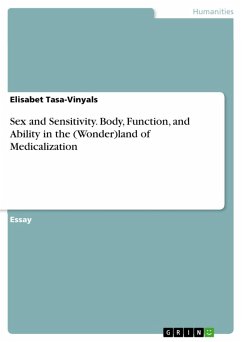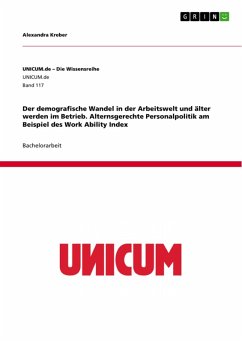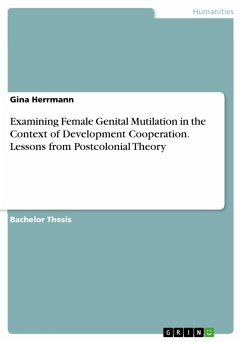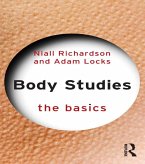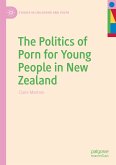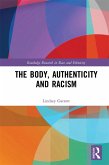Essay from the year 2017 in the subject Sociology - Medicine and Health, grade: 10, Linköping University (Tema Genus), language: English, abstract: As an aesthetic and ideological sociosexual interpretation, gender serves regulatory and oppressive functions such as shaping what is sexually acceptable, pushing towards hegemony, punishing subversion of the sexual and/or affective scripts, or regulating access to acts of self-love and self-affirmation - insofar as such practices could make room for new forms of understanding and/or spiritually connected pleasure outside of the boundaries of the system. We live in a time where flirting rituals have become more diverse, yet arguably simplistic. However, eternal questions remain unanswered. What is sexual subjectivity? What is needed to have (satisfactory) sex, both in terms of material objects and bodily artefacts/configurations? Which role is sex supposed to play in human lives and relationships? Discursive studies and activism have placed sexuality and other areas of intimacy in a central position in debates around (dis)ability and (dys)function in ways that sometime end up in cynical positions eventually legitimating mainstream views on sexuality under masculinist, ableist, or ageist patterns of what constitutes normal or desirable sexual intercourse. Such views canonise genitality over other bodily dimensions, physicality over psychoemotional connectedness and spirituality, penetration over other kinds of physical intimacy, and traditional couple intercourse over other kinds of physical intimacy contexts, such as hugging or touching as signs of friendship or familial affection. A broader, more inclusive framework is required as it does potentially allow for new, revolutionary research questions on intersectional experiences of sexuality to emerge. Feminist psychiatrist and psychologist Elisabet Tasa-Vinyals tackles some of the contemporary problematic points in the views on bodies, sexualities, and pleasures from an intersectional perspective considering key bodily prediscoursive facticities such as sex/gender, ethnicity, and (dis)ability, along with their links with processes that our cultures tend to problematise, such as aging or sickening. As the text brilliantly stretches the complexity of the conceptualisation of (dys)functionality within the medical mapping of healthiness and sickness, it carefully points out the potentialities and limitations of such interpretations of corporeality as tools intended to disentangle pleasure, particularly in non-normative bodies.
Dieser Download kann aus rechtlichen Gründen nur mit Rechnungsadresse in A, B, BG, CY, CZ, D, DK, EW, E, FIN, F, GR, HR, H, IRL, I, LT, L, LR, M, NL, PL, P, R, S, SLO, SK ausgeliefert werden.

